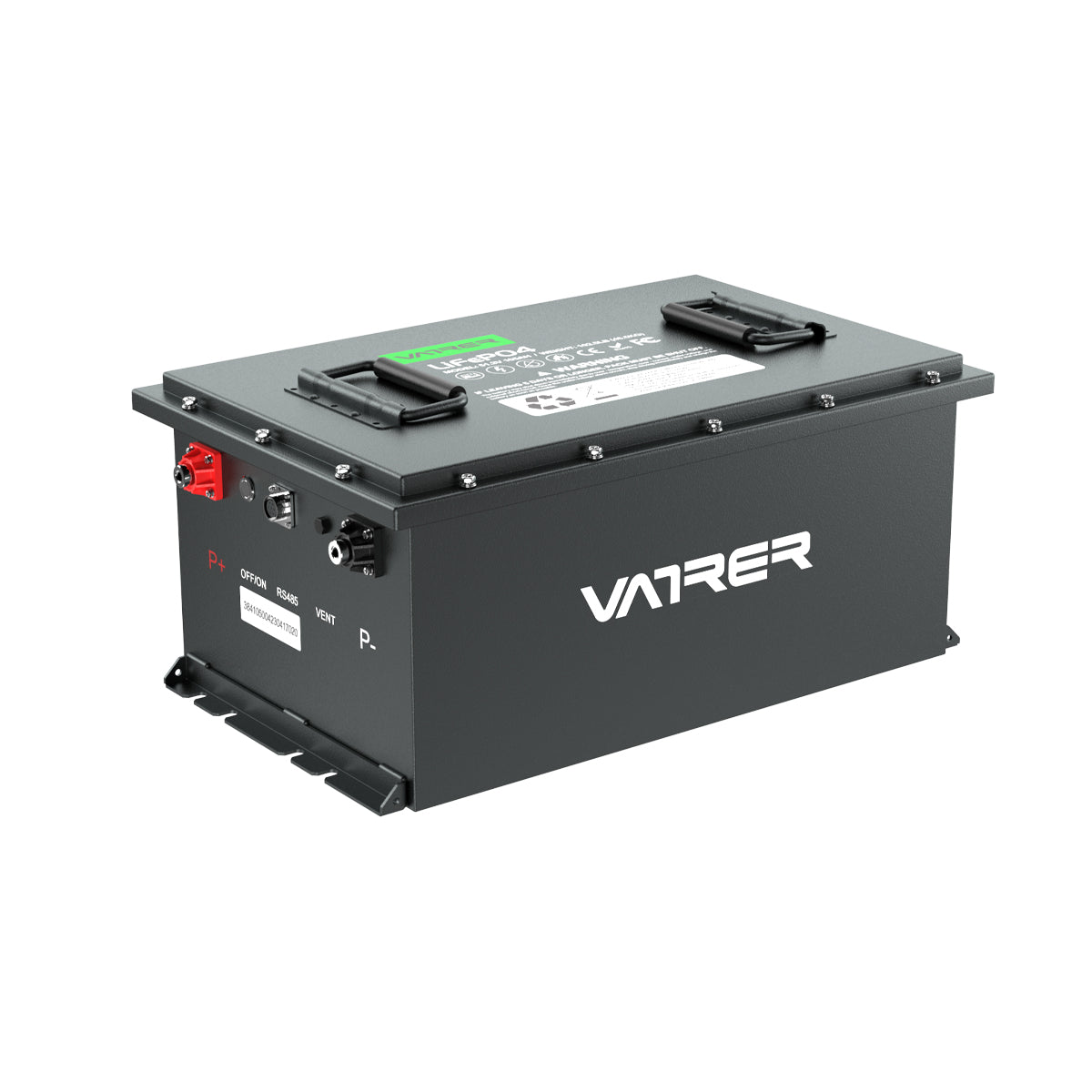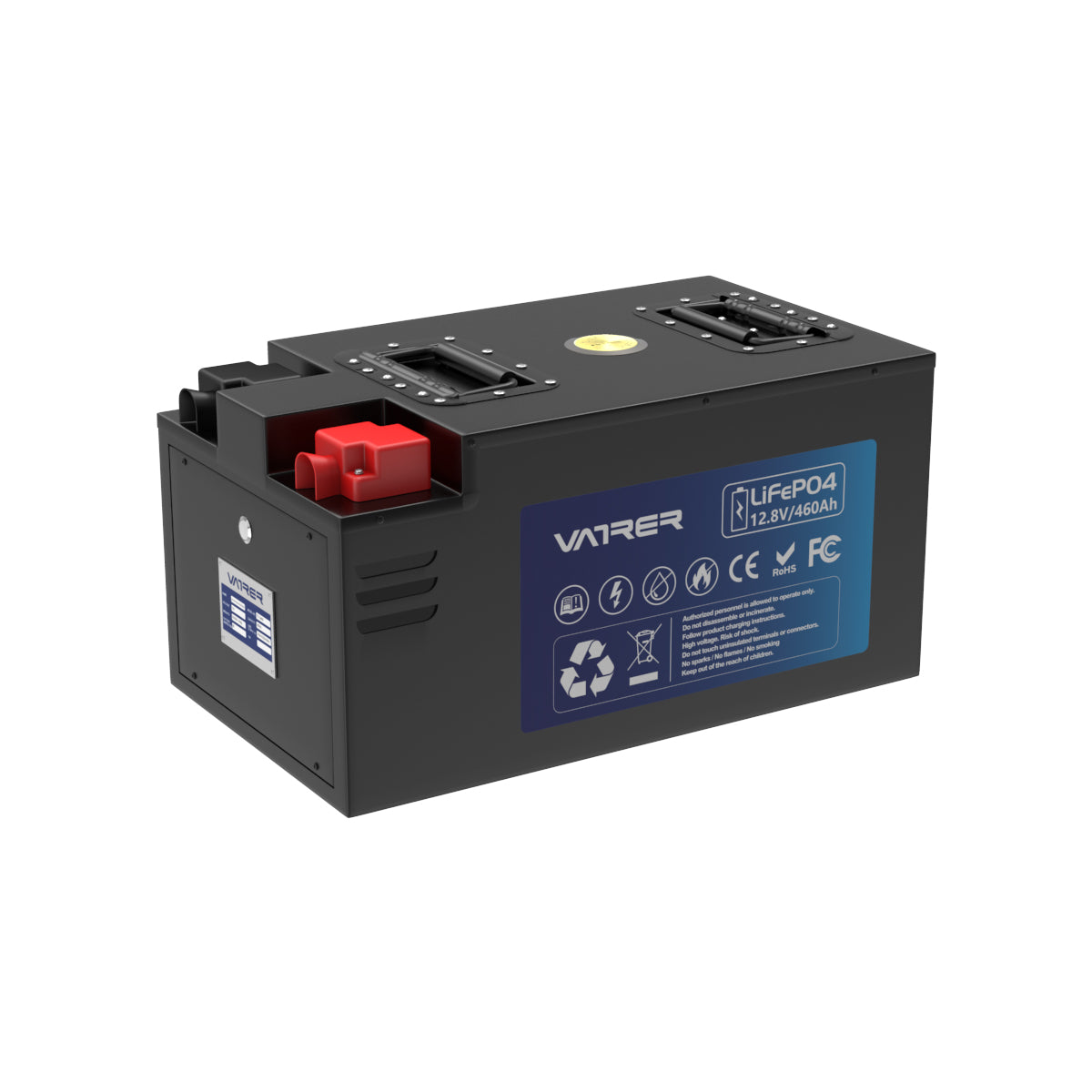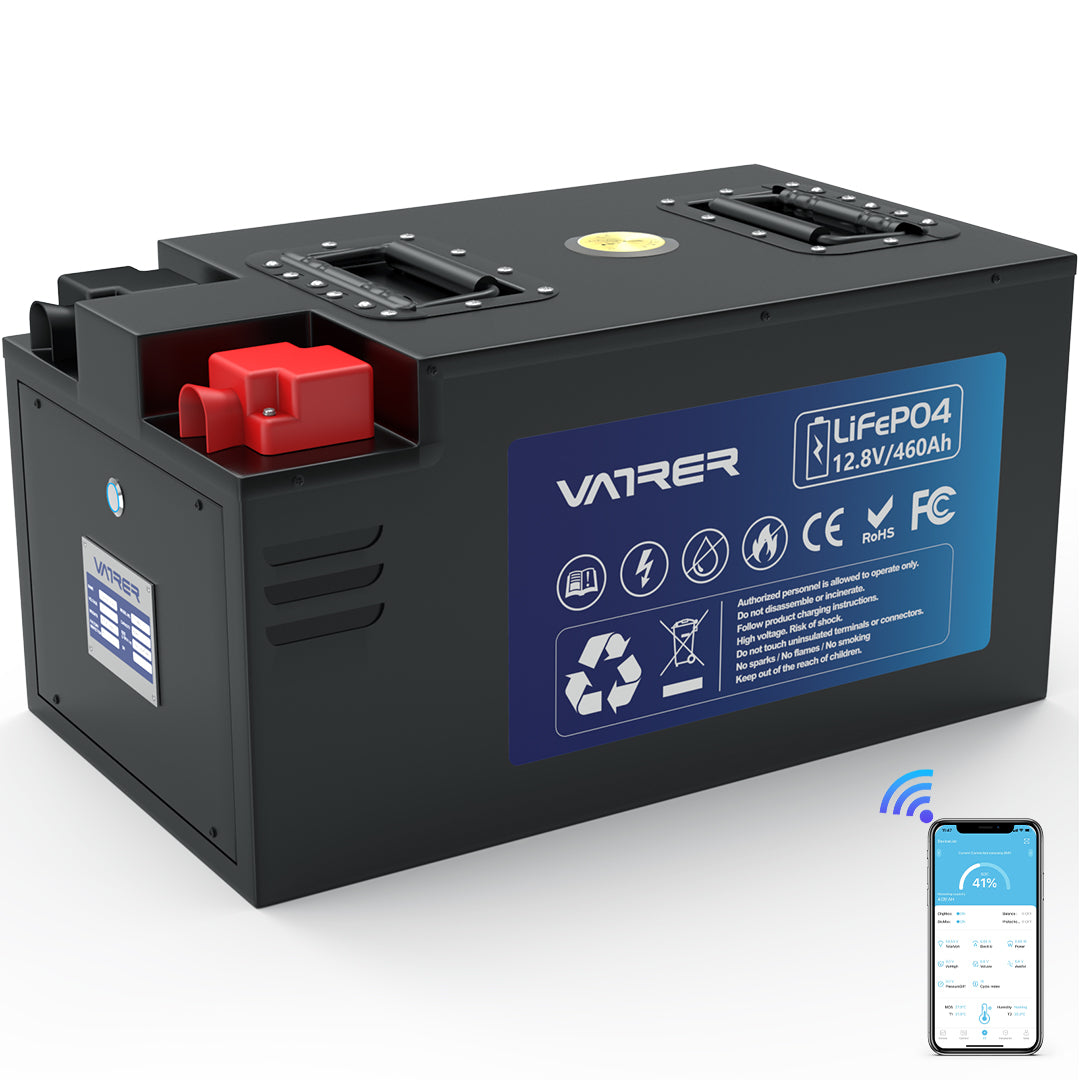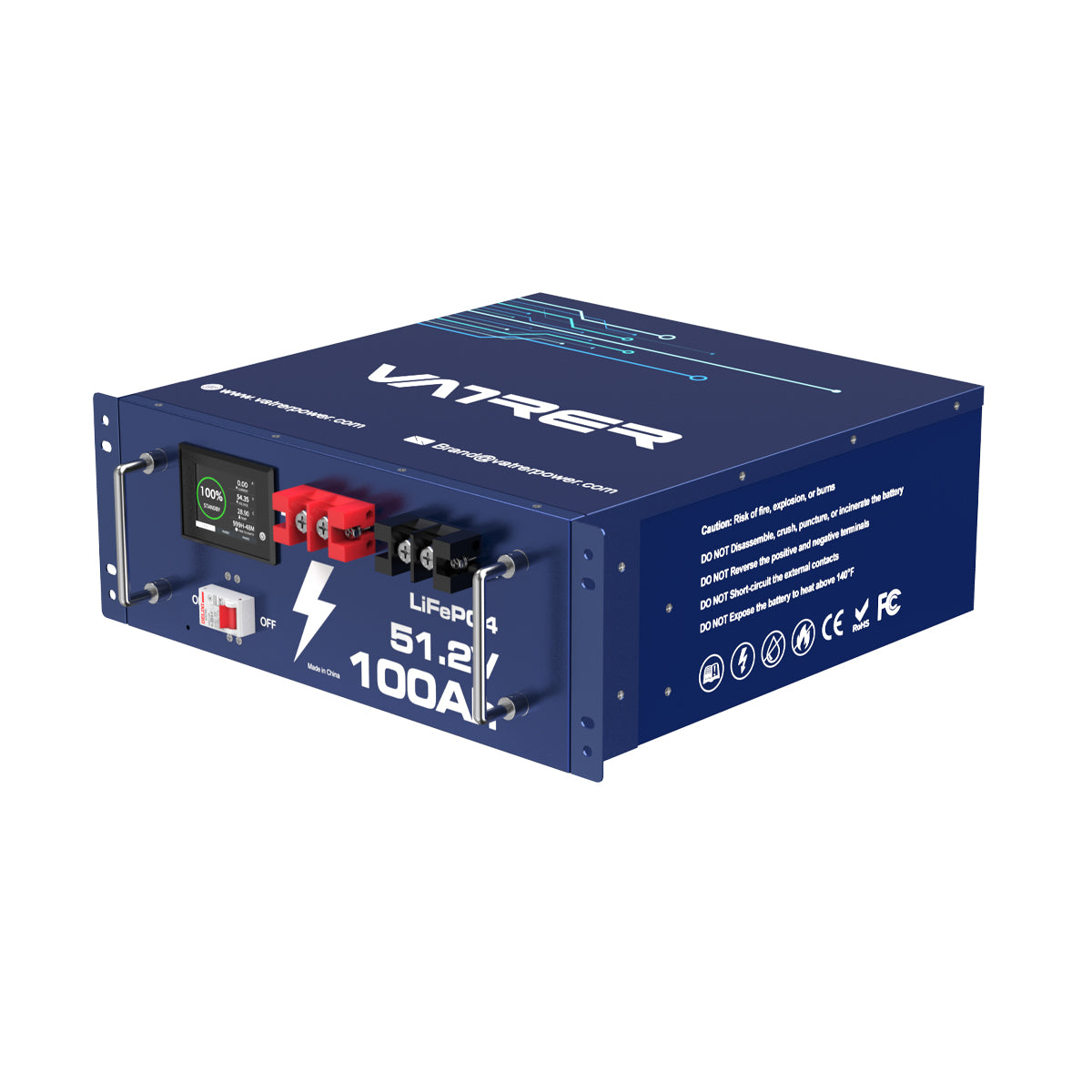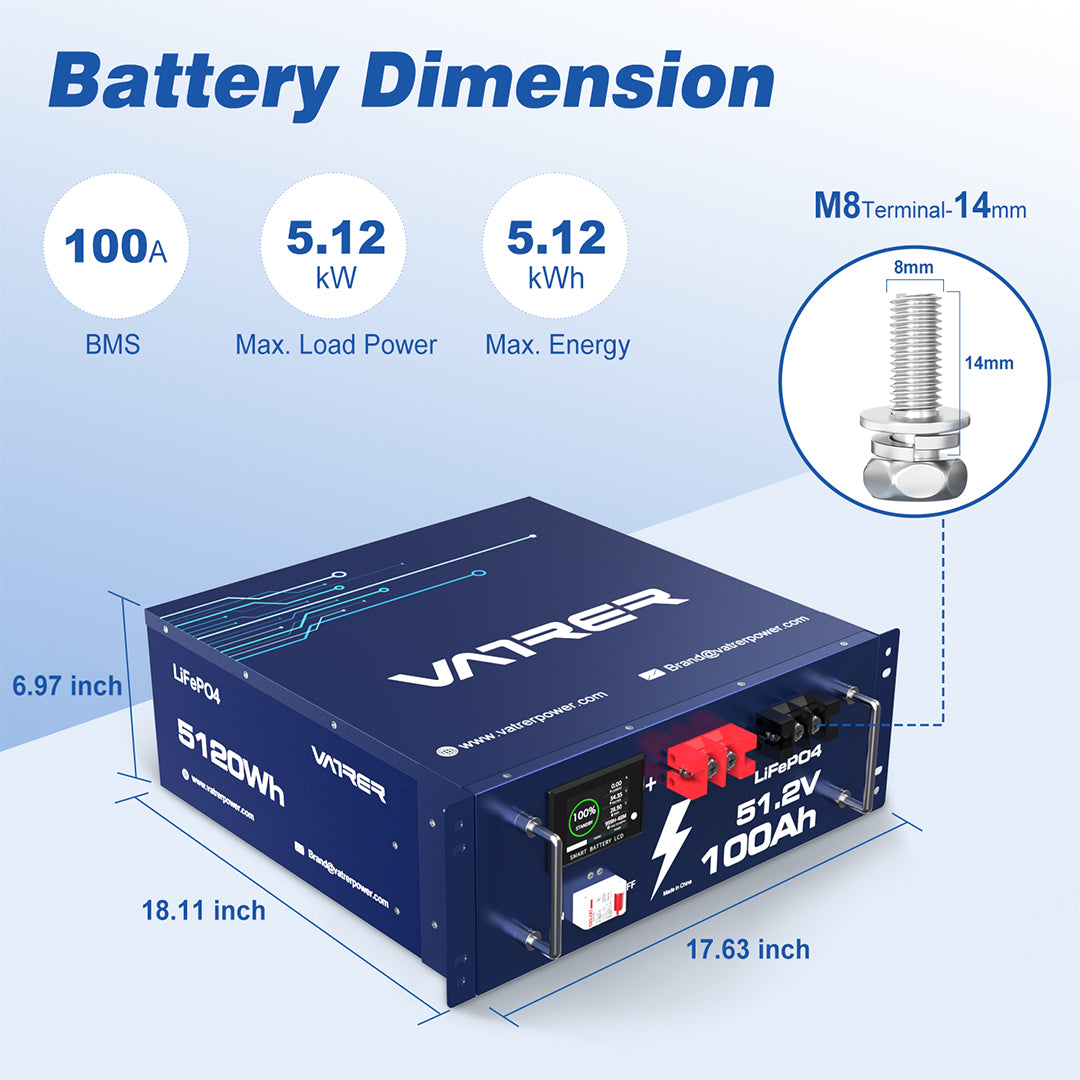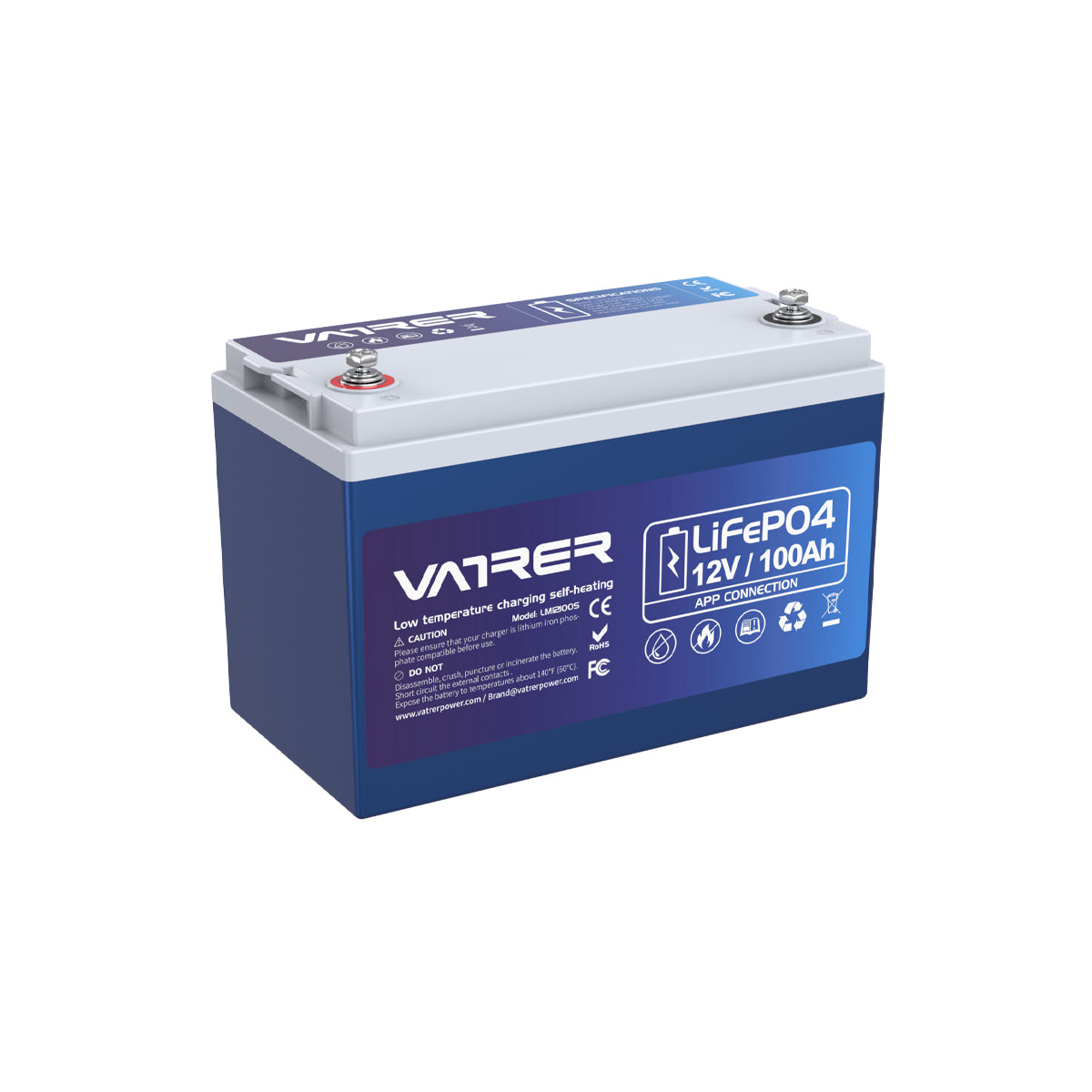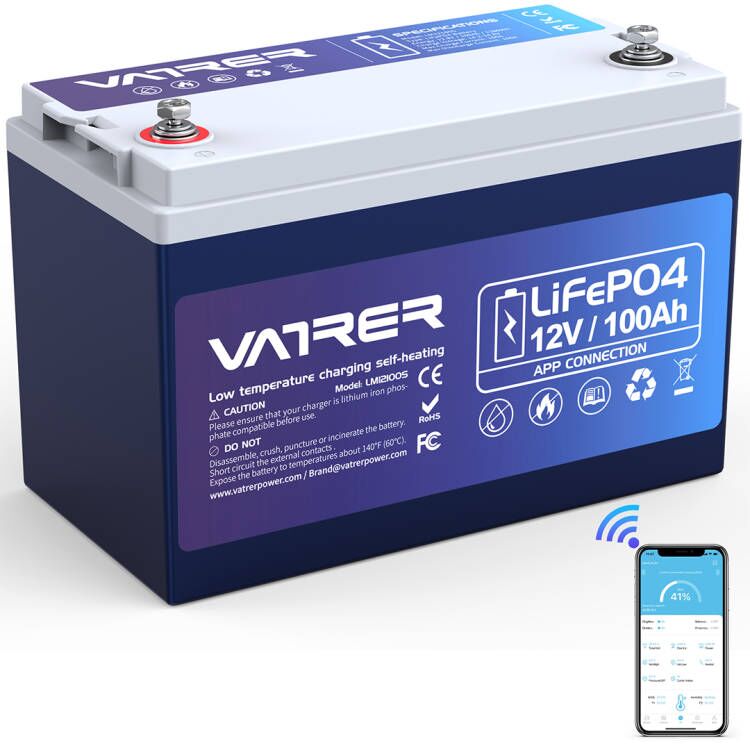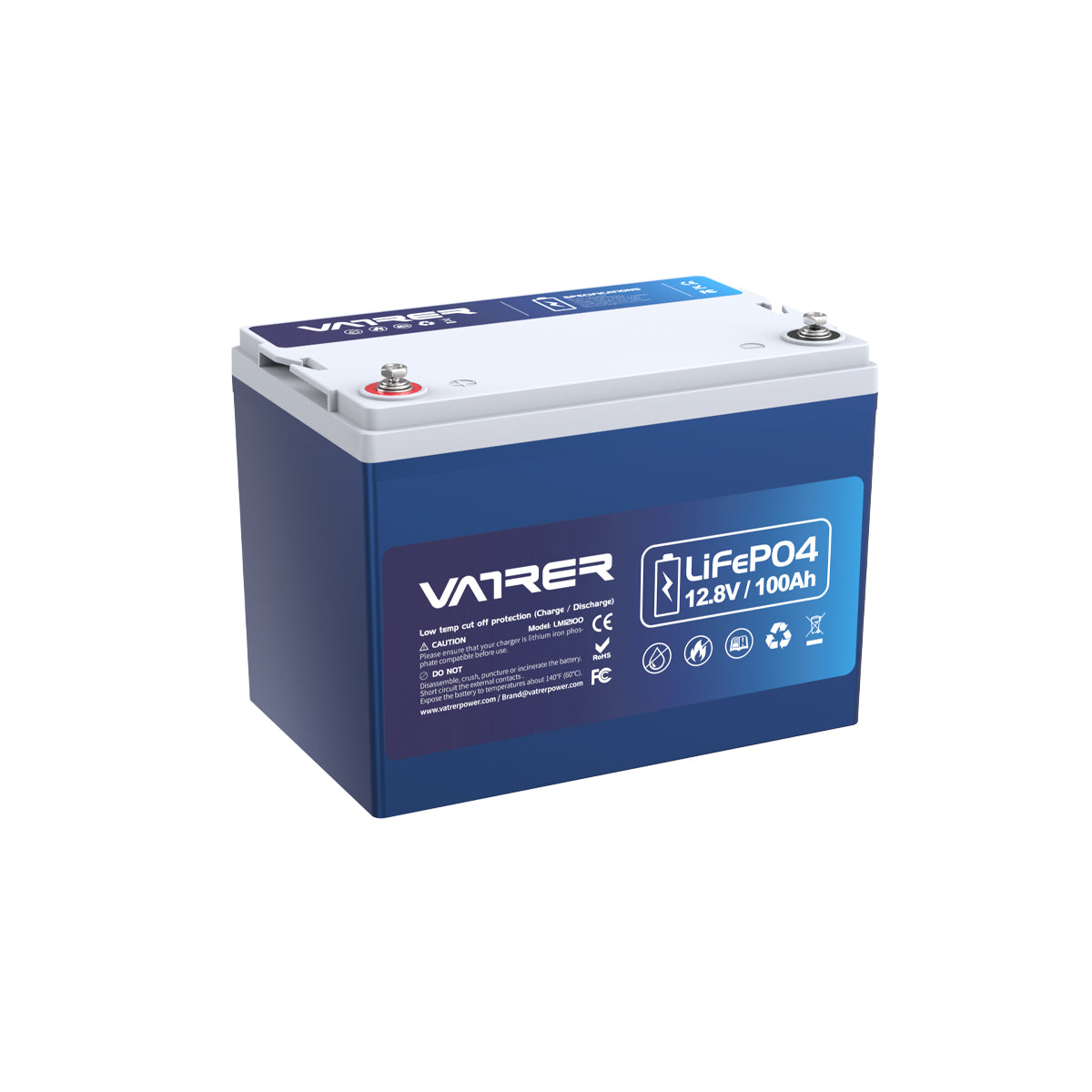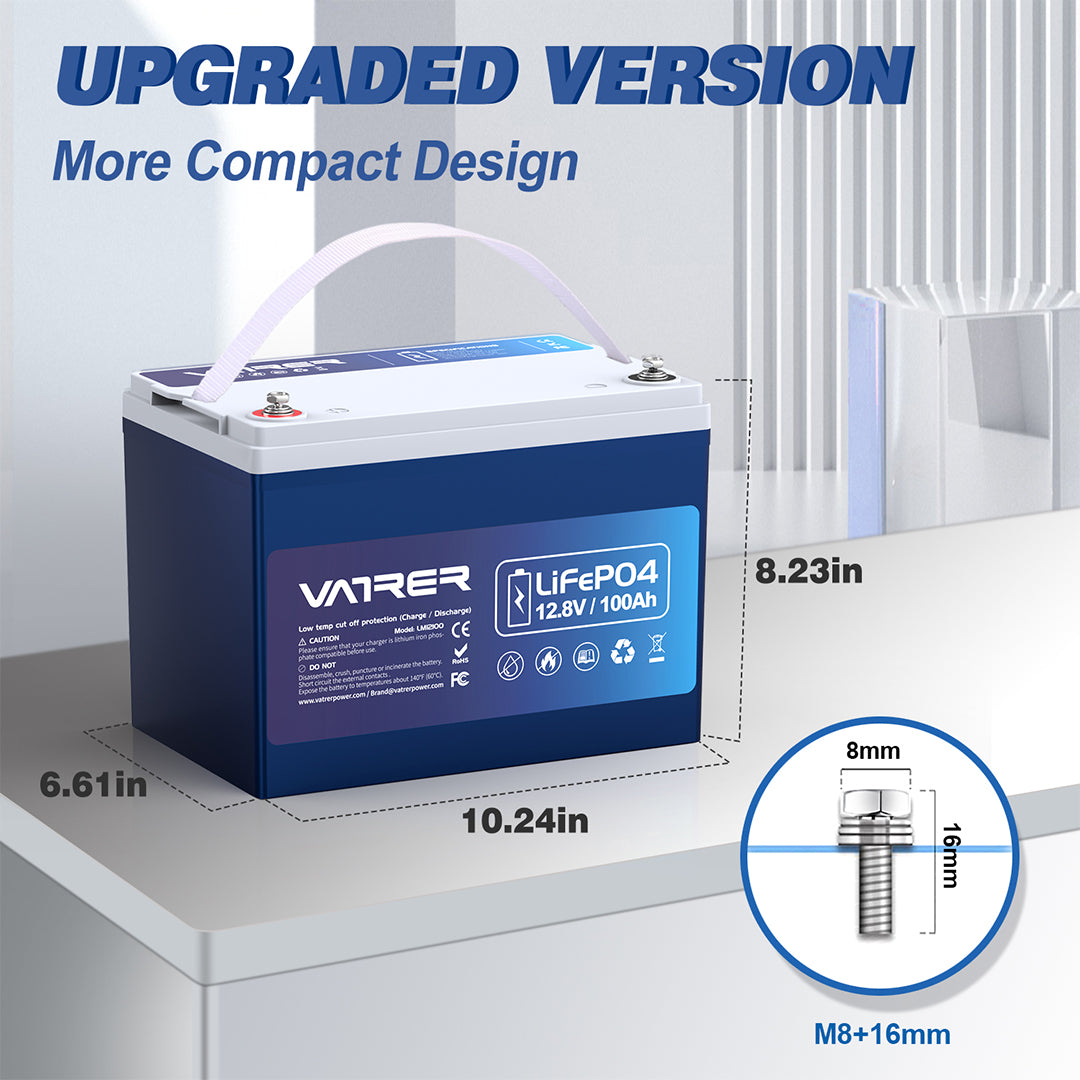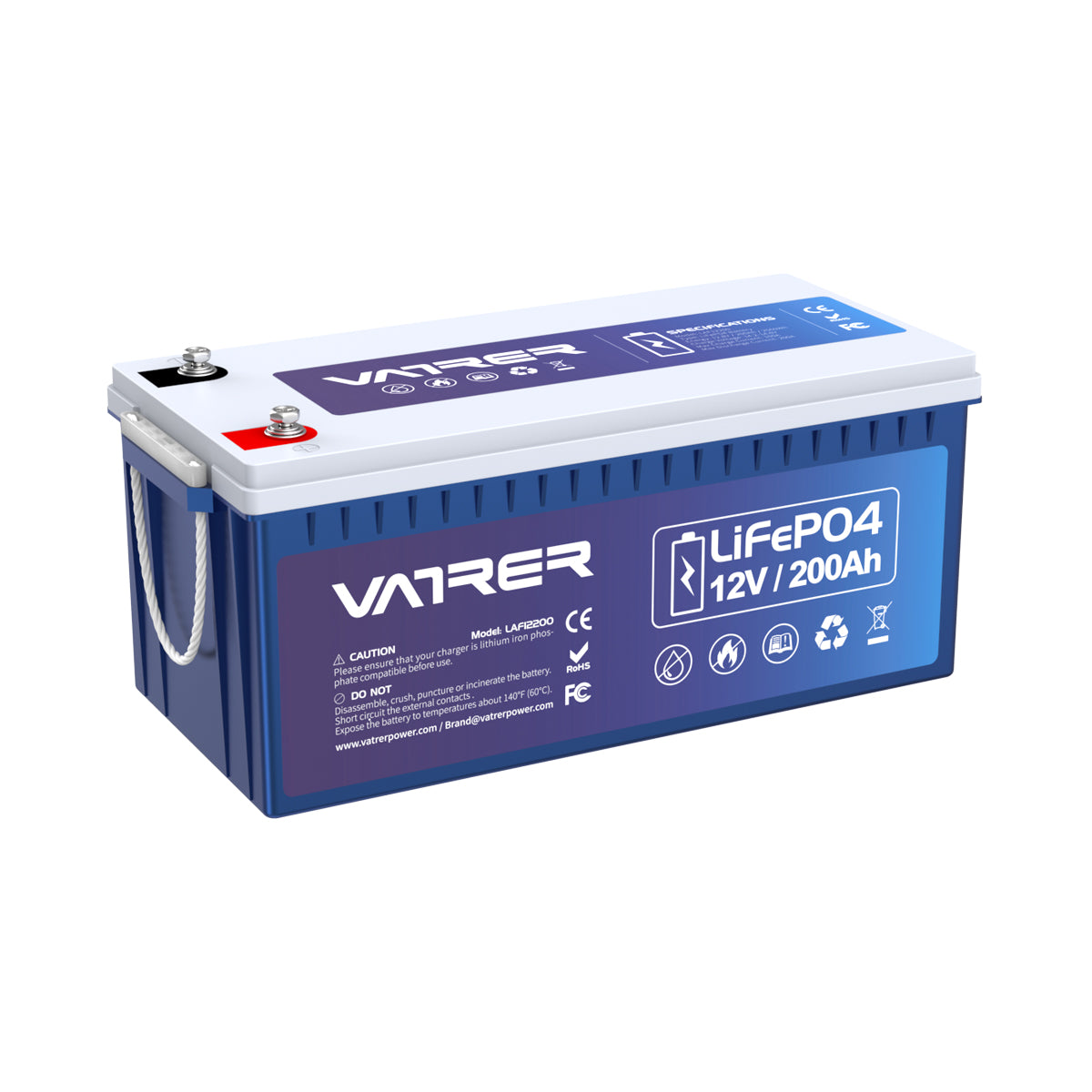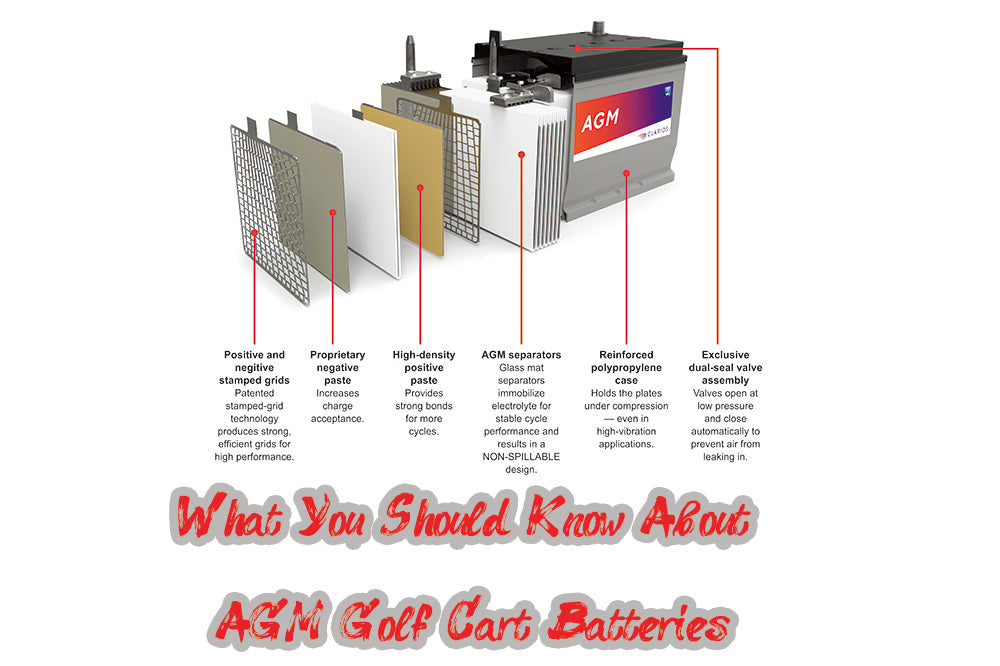Table of Contents
- Introduction
- Advantages of Marine Lithium Batteries
- What is the average lifespan of a marine lithium battery?
- What are some recommended maintenance practices for marine lithium batteries?
- What are some signs that indicate a marine lithium battery needs to be replaced?
- Can a marine lithium battery be repaired if it has physical signs of damage?
- Conclusion
Introduction
Marine enthusiasts around the world are turning to a revolutionary power source for their boats and yachts: marine lithium batteries. With their exceptional performance, lightweight design, and long lifespan, these advanced batteries are transforming the boating experience. In this article, we will explore the key benefits and advantages of marine lithium batteries, and why they are becoming the preferred choice for discerning boat owners.
Marine lithium batteries are high-performance batteries specifically designed for marine applications. They offer several advantages over traditional lead-acid batteries, including longer lifespan, lighter weight, faster charging, and higher energy density. Here is some information about marine lithium batteries based on the search results:
Advantages of Marine Lithium Batteries
- Performance and Reliability: Marine lithium batteries, such as those using LiFePO4 (Lithium Iron Phosphate) technology, provide unmatched performance and reliability. They offer stable power output, ensuring optimal performance even in harsh marine environments.
- Safety: Lithium marine batteries are designed with safety in mind. They have built-in safety features to prevent overheating and fire hazards. Additionally, they are waterproof and corrosion-resistant, making them suitable for marine use.
- Long Lifespan: Marine lithium batteries have a significantly longer lifespan compared to traditional lead-acid batteries. They can be cycled thousands of times without experiencing significant capacity loss. This means they can provide reliable power for extended periods.
- Lightweight and Compact: Lithium batteries are much lighter and more compact than lead-acid batteries with similar power output. This allows for easier installation and frees up valuable space on your vessel.
- Fast Charging: Marine lithium batteries have the ability to charge at a faster rate compared to lead-acid batteries. This means less time spent waiting for the batteries to charge and more time enjoying your marine adventures.
- Temperature Tolerance: Lithium batteries have excellent temperature tolerance, allowing them to perform well in high-temperature and high-humidity conditions. They can withstand extreme temperatures without compromising their performance.
- Minimal Self-Discharge: Marine lithium batteries have minimal self-discharge rates, which means they can be stored for longer periods without losing their charge. This is particularly useful for seasonal boat owners.

What is the average lifespan of a marine lithium battery?
The average lifespan of a marine lithium battery can vary depending on several factors, including the type of battery, usage patterns, and maintenance. However, on average, marine lithium batteries can last between 8 to 10+ years.
Factors Affecting Lifespan
- Charge Cycles: The lifespan of a lithium battery is often measured in charge cycles, which refers to the number of times the battery can be charged and discharged. Marine lithium batteries typically have a lifespan of 3,000 to 5,000 charge cycles.
- Usage Patterns: How frequently and intensively the battery is used can impact its lifespan. Heavy usage or deep discharges may shorten the battery's lifespan, while lighter usage can extend it.
- Maintenance: Proper maintenance, including regular charging and storage practices, can help prolong the lifespan of a marine lithium battery.
Comparison with Other Battery Types
- Lead-Acid Batteries: Compared to traditional lead-acid batteries, marine lithium batteries have a significantly longer lifespan. Lead-acid batteries typically last between 2 to 5 years for deep-cycle house batteries.
- Lithium vs. Lead-Acid: Lithium batteries offer several advantages over lead-acid batteries, including longer lifespan, lighter weight, higher energy density, and faster charging times.
What are some recommended maintenance practices for marine lithium batteries?
Recommended maintenance practices for marine lithium batteries include:
- Store in a cool, dry place: It is important to store marine lithium batteries in a cool, dry place away from direct sunlight.
- Periodically charge the battery: If the battery is stored for an extended period, it is recommended to periodically charge it to maintain its performance.
- Prevent overcharging: Overcharging can damage the battery plates, so it is important to avoid overcharging the marine lithium battery.
- Certify connections are clean and stable: Ensure that the cables and connections of the lithium battery are clean and stable. If unsure, seek professional help for installation and regularly check the ports and connections.
- Ensure sufficient ventilation for the battery compartment: Although lithium batteries are more stable than lead-acid units, it is still important to have proper ventilation in the battery compartment to prevent potential gas or fume leaks.
- Keep them out of extreme heat: Avoid leaving lithium batteries in direct sunlight or in hot conditions, as overheating can be a concern. Allow the battery to cool down after charging before using it.
- Avoid freezing temperatures: If storing the boat in winter, disconnect the lithium batteries and store them in a warm place where the temperature stays above freezing.
- Use the right charger: It is recommended to use a charger specifically designed for lithium batteries, as it can charge them faster and more efficiently. Consider using a bank charger if you have multiple lithium batteries.
- Don't overcharge: Check the state of charge of the battery regularly and remove it from the charger when it reaches about 80 percent of its charge. Overcharging can reduce the battery's storage capability and lifespan.
- Charge in comfortable conditions: Charge the lithium batteries in moderate and comfortable conditions, avoiding extreme temperatures. Bring the charger indoors in hot weather and never charge the battery in cold or freezing conditions .
What are some signs that indicate a marine lithium battery needs to be replaced?
Signs that indicate a marine lithium battery needs to be replaced can vary, but here are some common indicators to look out for:
Physical Signs:
- Cracking, warping, or bulging on the battery.
- Corroded terminals.
- Battery feels warm or hot to the touch.
- Swelling in size when used.
- Rotten smell coming from the battery.
Reduced Power Storage Capacity:
- Noticeable decrease in the battery's ability to hold a charge .
- Diminished longevity and power storage compared to previous performance.
Higher Self-Discharge Rate:
- Battery discharges more quickly than before, even when not in use.
- Inability to hold a charge for an extended period.
Overheating:
- Battery becomes excessively hot during use or charging.
- Operating temperature exceeds the normal range specified for the battery.
Can a marine lithium battery be repaired if it has physical signs of damage?
A marine lithium battery can potentially be repaired if it has physical signs of damage, but it depends on the extent and nature of the damage. Here are some important points to consider:
- Assess the damage: Before attempting any repairs, it is crucial to assess the extent of the physical damage to the battery. Look for signs such as cracks, punctures, swelling, or leakage. If the damage is severe or if the battery has been compromised in any way, it may not be safe or feasible to repair it.
- Safety first: When dealing with damaged lithium batteries, safety should be the top priority. If the battery shows signs of swelling, leakage, or emits an unpleasant odor, it is important to handle it with extreme caution. Disconnect the battery and store it in a well-ventilated area away from other batteries and flammable materials.
- Professional assessment: It is recommended to take the damaged marine lithium battery to a battery specialist or a reputable battery store for a professional assessment. They have the expertise and equipment to evaluate the damage and determine if the battery can be repaired.
- Repair options: Depending on the specific damage, there may be repair options available. For example, if there is damage to the battery management system (BMS), it may be possible to replace the faulty BMS. Similarly, if there are underperforming battery cells, they can be replaced individually.
- Replacement considerations: In some cases, it may be more practical and cost-effective to replace the damaged battery rather than attempting repairs. The cost of repairs, availability of replacement parts, and the overall condition of the battery should be taken into account when making this decision.
Conclusion
Marine lithium batteries have revolutionized the boating industry with their superior power, lightweight design, extended lifespan, rapid charging capabilities, deep cycle capabilities, and low self-discharge rate. By embracing this advanced technology, boat owners can unlock a new level of performance, efficiency, and reliability on the water. With marine lithium batteries, every voyage becomes a thrilling and worry-free experience. Upgrade your boat's power source to a marine lithium battery and embark on unforgettable aquatic journeys like never before.






